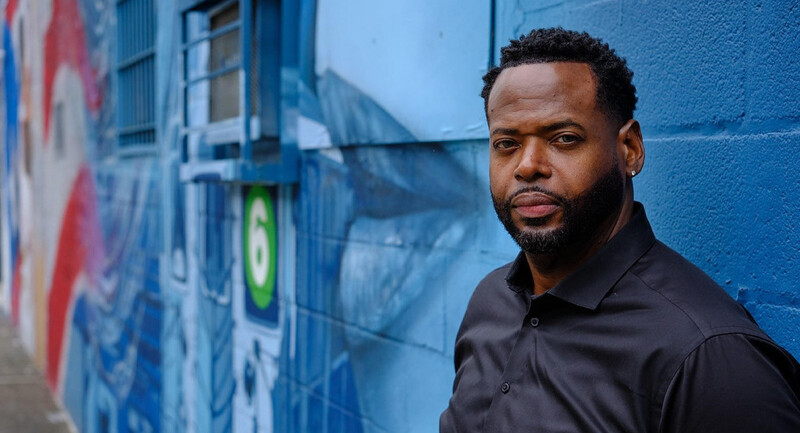I’ve spent a great deal of time discussing what works in school leadership. As I near the end of my internship, however, I find it helpful to talk about what DOESN’T work in school leadership.
For the sake of discussion, I have created a small list of things that can severely inhibit the roles of principals and assistant principals, per my experiences.
#1: Don’t nurture power struggles within the building.
Too many times, a behavior referral comes across my desk that is really about a teacher wanting to show “who’s boss.” Some of the behaviors written up include things like sneezing too loudly and popping gum (I always wonder, why not just ask the student to spit out the gum?). And, when this particular student wasn’t suspended, the teacher brought me another referral and said, “I’m bringing you another one because nothing was done to him and I want something done.”
This is the ultimate power struggle. When teachers don’t have a list of interventions they have tried, I am rare to intervene. The teacher must show at minimum that some phone calls have been made, e-mails sent, and detentions (even lunch detentions) were served before I’ll handle the issue, unless it is a major issue disrupting the right of other students to learn.
#2: Don’t allow “drive-bys.”
This is what I call it when a teacher drops off a student in my office. Instead, students must work with a buddy across the hall or somewhere else, and the teacher must ensure that the child has work. Oftentimes, teachers are too quick to remove a student. This helps them rethink that and conveys that I’m not just the discipline depot, where problems get passed off. My role is to work with teachers, students, and parents to solve problems.
#3: Don’t forget to hold leaders accountable.
All leadership teams need weekly meetings where progress, calendars, and other objectives are discussed. This helps each team member be personally accountable for pulling his or her own weight. Also, impromptu one-on-ones with the principal help grow accountability on both sides.
#4: Don’t take it personally.
So, the student punched a locker. He didn’t punch me! I know this sounds facetious, but sometimes we take a student’s constant disruptions as personal attacks, when they are not. The good news is that if we depersonalize the action, we can depersonalize the consequences and make them more objectively fitting.
#5: Don’t forget to have fun.
Enough said.
What other suggestions do you have for the list?







